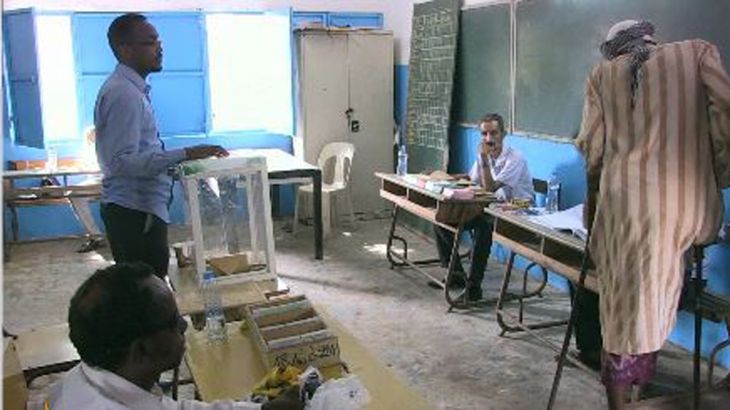
What will Djibouti’s election mean for stability?
After claims of repression and unfair constitutional change, Djibouti’s vote is not without controversy.
It is a country with fewer than a million people and very limited natural resources – yet Djibouti is courted by world powers. That is because of its strategic location at the entrance to the Red Sea and south of Suez.
Relatively stable, it has drawn the attention of military planners in Japan, China, France and the United States, who have all set up military bases there.
Voters in the tiny east African nation cast their ballots on Friday to pick a president.
Yet, not everyone has been enthusiastic about the vote, with some opposition parties boycotting it.
Incumbent President Ismail Omar Guelleh has been in power for 17 years but the opposition accuses him of not doing enough to deal with the country’s high unemployment rate.
According to the World Bank, 20 percent of the population lives in poverty.
After claims of repression and unfair constitutional change, the election is not without controversy.
What will the vote mean for stability? And what are the global implications from a strategically important part of the world?
Presenter: Sami Zeidan
Guests:
Hamidou Wone – Specialist in conflict management who served as a diplomat in the Horn of Africa
Aly-Khan Satchu – Emerging economy specialist in Nairobi, Kenya
Thomas-John Guinard – Legal officer in charge of Djibouti at the human rights organisation, Alkarama